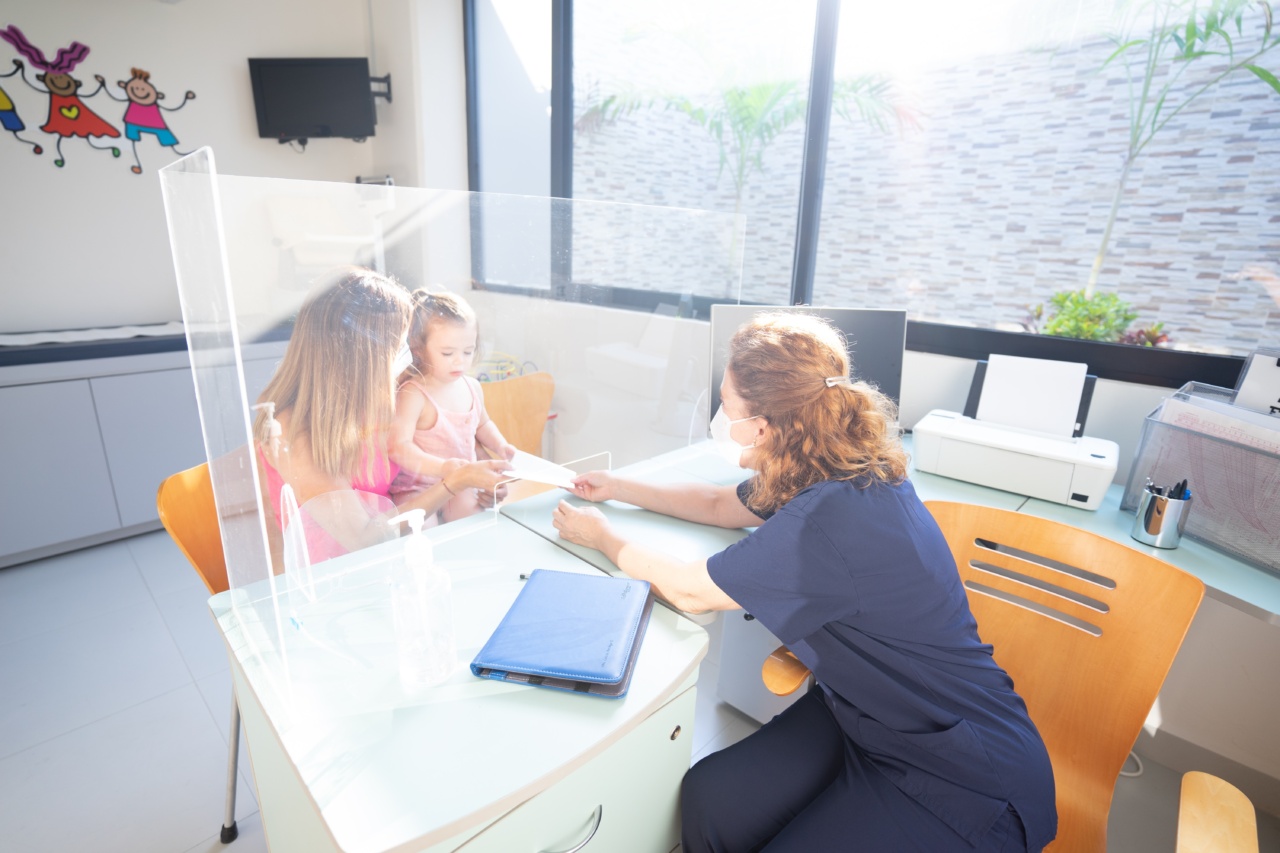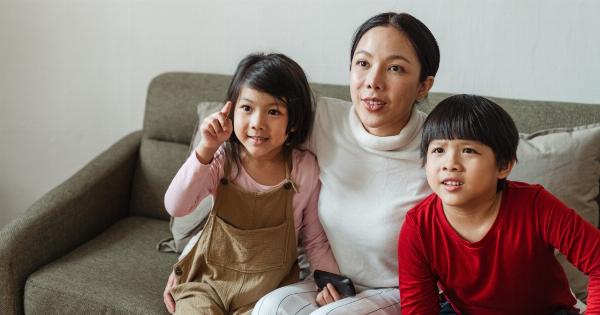Television has become an integral part of modern-day life, with countless households relying on it for entertainment and information.
As parents, it’s important to consider the impact that television can have on our children, especially their developing brains. In this article, we will explore the insights from a pediatrician on the relationship between television and your baby’s brain.
The Early Years: How Television Affects Brain Development
During the early years of a child’s life, their brain undergoes rapid development and is highly influenced by the environment they are exposed to.
Television, being a ubiquitous part of many households, can play a significant role in this developmental process.
According to studies conducted by pediatricians and child development experts, excessive television exposure during infancy and early childhood can have detrimental effects on a baby’s brain.
Excessive screen time has been associated with delayed language development, poor cognitive skills, decreased attention span, and increased risk of behavioral problems.
The Negative Effects of Excessive Television Exposure
Research has shown that excessive television exposure during the early years can impede a baby’s language and speech development.
This is primarily due to the fact that babies learn language skills by engaging in face-to-face interaction and having meaningful conversations. When a baby spends too much time watching television, they are missing out on these crucial developmental opportunities.
Furthermore, studies have also found a link between excessive television exposure and poor cognitive skills in children.
The fast-paced nature of television programs, with their frequent scene changes and rapid movements, can overstimulate a baby’s developing brain. This can hinder their ability to concentrate and retain information, leading to difficulties in cognitive tasks later on.
In addition to language and cognitive development, excessive television exposure has been found to contribute to decreased attention spans in children.
Television programs often present information in short, rapid bursts, requiring minimal attention and engagement. This can create a “short attention span” culture, where babies become accustomed to constant stimulation and struggle to focus on tasks that require sustained attention.
Moreover, the content that babies are exposed to through television can also have a profound impact on their behavior and social development.
Many television programs aimed at young children are highly stimulating, with fast-paced animation, bright colors, and loud sounds. This constant bombardment of stimuli can lead to an overactive response system, making babies more prone to impulsive behavior and difficulty in self-regulation.
How to Optimize Television Use for Your Baby
While excessive television exposure can have negative effects, it doesn’t mean that television should be completely avoided for your baby. When used responsibly, television can actually have some educational benefits.
Here are some tips from pediatricians on how to optimize television use:.
Limit Screen Time
The American Academy of Pediatrics recommends avoiding screen time entirely for children under 18 months old, except for video chatting.
For children aged 18 to 24 months, it is advised to limit screen time to high-quality educational programs and watch with them to help them understand what they are seeing.
For children aged 2 to 5 years old, it is recommended to limit screen time to 1 hour per day of high-quality educational programming, while also watching alongside them.
This reduces the passive consumption of television and encourages interactive learning.
Choose High-Quality Programming
When selecting television programs for your baby, opt for those that are educational, slow-paced, and developmentally appropriate. Look for shows that promote social and emotional development, language skills, and problem-solving abilities.
Avoid programs that contain violent or aggressive content, as this can negatively impact your baby’s behavior.
Watch Together and Engage in Conversation
The importance of having a parent or caregiver present during television viewing cannot be overstated. By watching television together and engaging in conversation, you can help your baby understand the content, ask questions, and make connections.
Use television as an opportunity for learning and interaction. Pause the program to discuss what is happening, ask your baby questions, and encourage them to respond.
This not only enhances their cognitive and language skills but also strengthens the parent-child bond.
Provide Alternative Forms of Stimulation
While television can be a source of entertainment and learning, it should not be the only form of stimulation for your baby. Provide plenty of opportunities for hands-on play, physical activity, and social interaction.
These activities are essential for your baby’s overall development and help balance the impact of television on their brain.
The Role of Television in Moderation
Television has its place in our society, and when used moderately and responsibly, it can have some positive impacts on a baby’s brain.
Educational programs, when chosen carefully and watched with supervision, can supplement a child’s learning and expose them to new concepts and ideas.
However, it is crucial to strike a balance and ensure that television does not replace crucial developmental activities, such as face-to-face interactions and hands-on play.
As parents, it is our responsibility to create a healthy media environment for our babies, where television is just one component of their overall learning and growth.
Conclusion
Television can significantly influence a baby’s developing brain, and excessive exposure has been associated with delayed language development, poor cognitive skills, decreased attention spans, and behavioral problems.
However, responsible and limited use of television, alongside other forms of stimulation and interaction, can provide educational benefits and enhance a child’s learning experience. By being mindful of the content, duration, and engagement, parents can optimize television use for their babies and ensure a healthy media environment.































